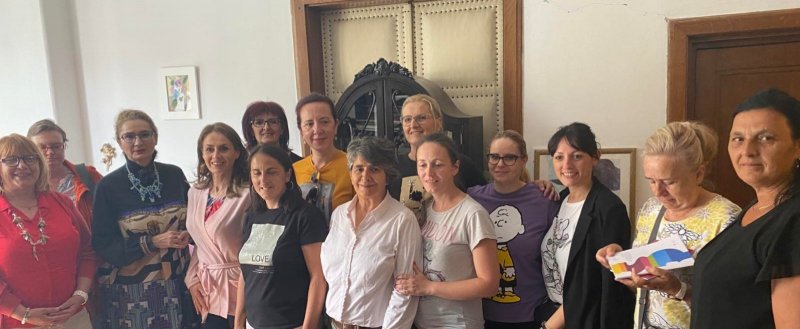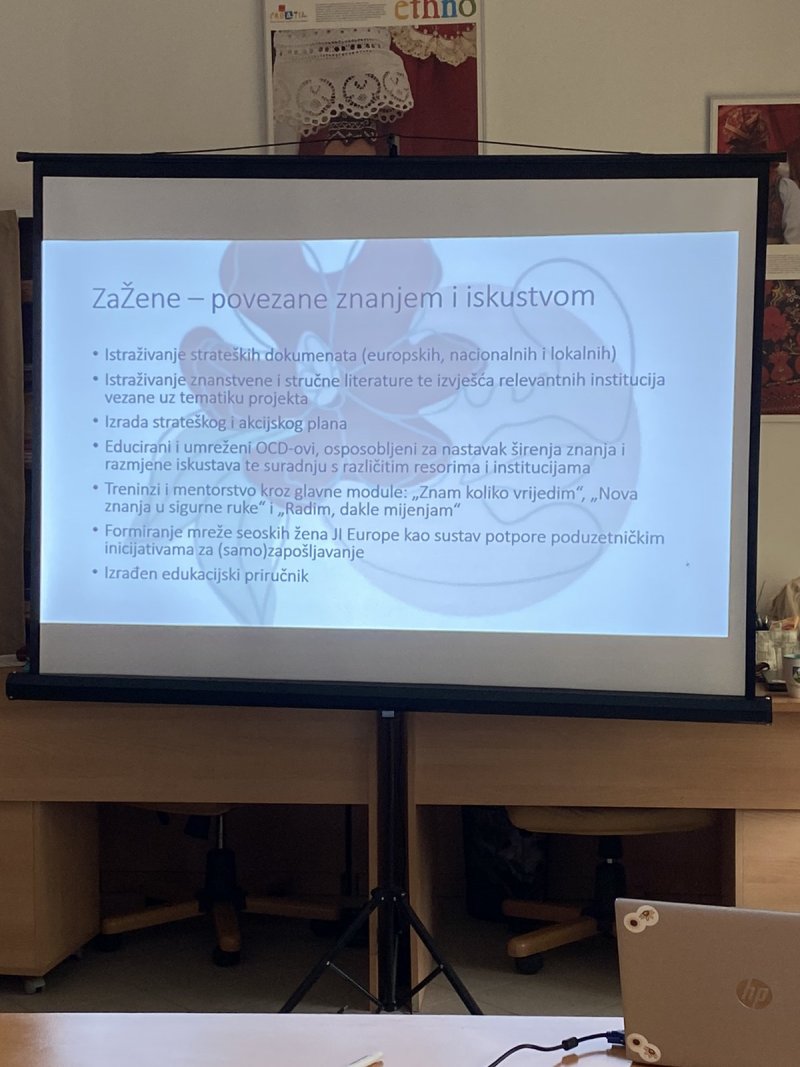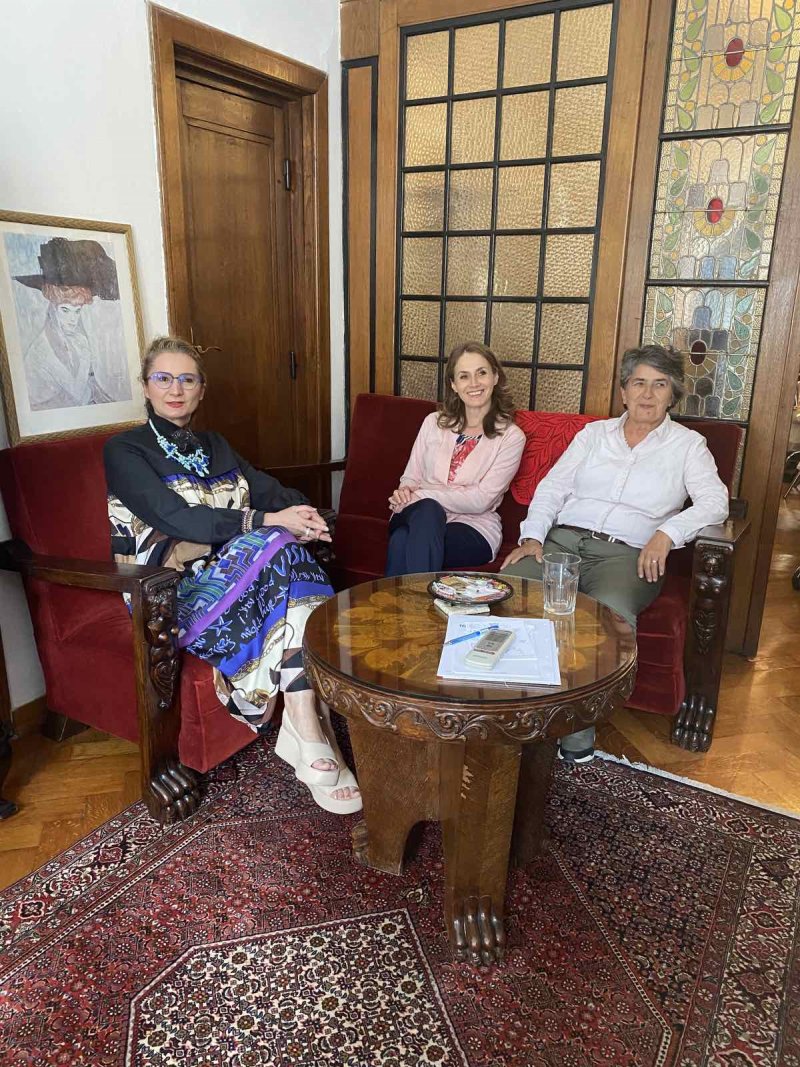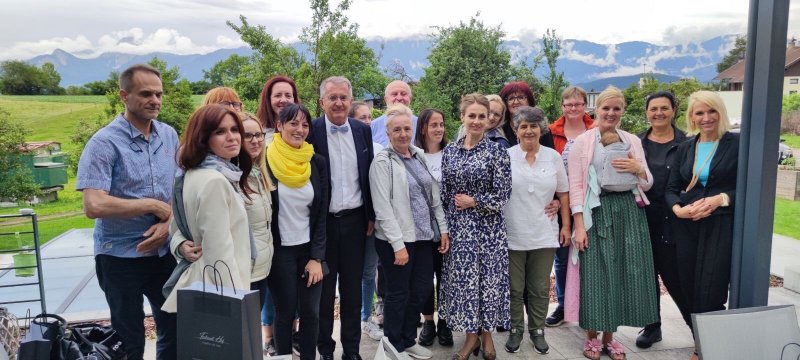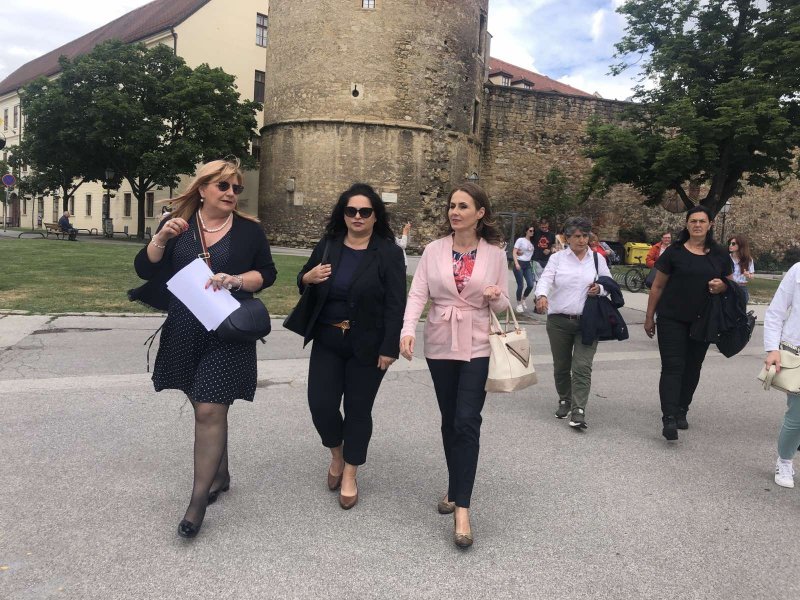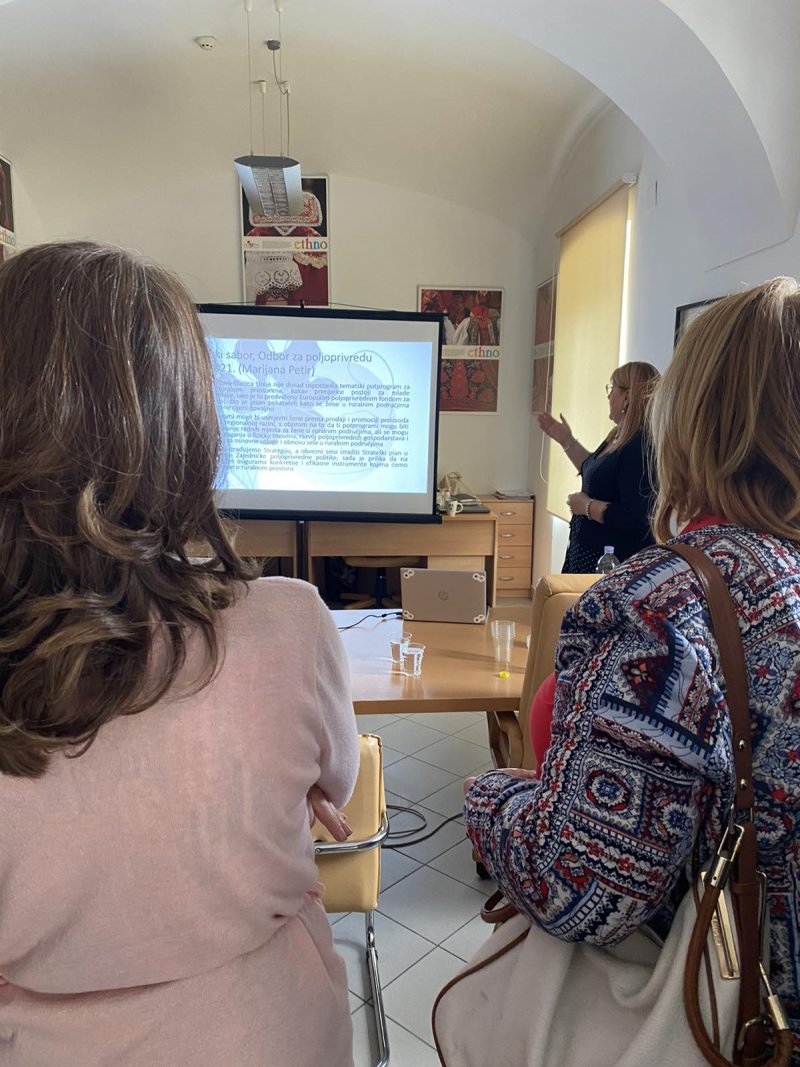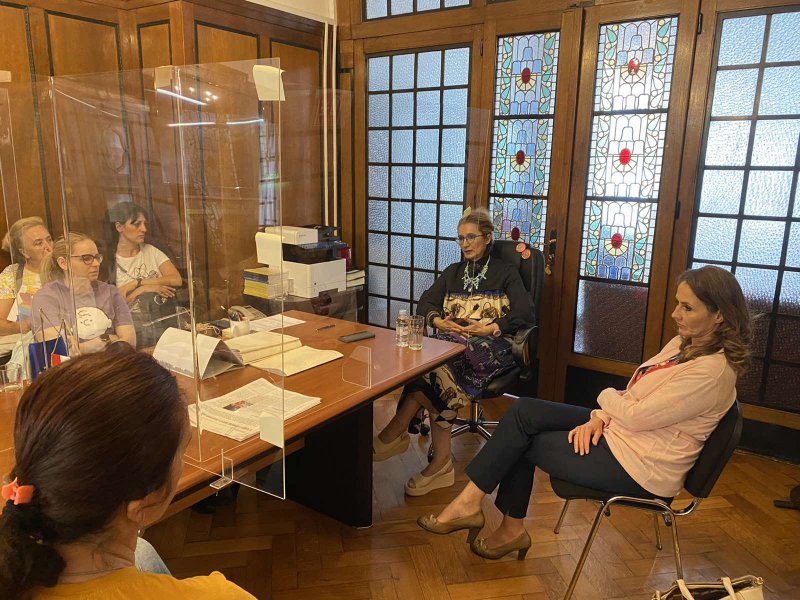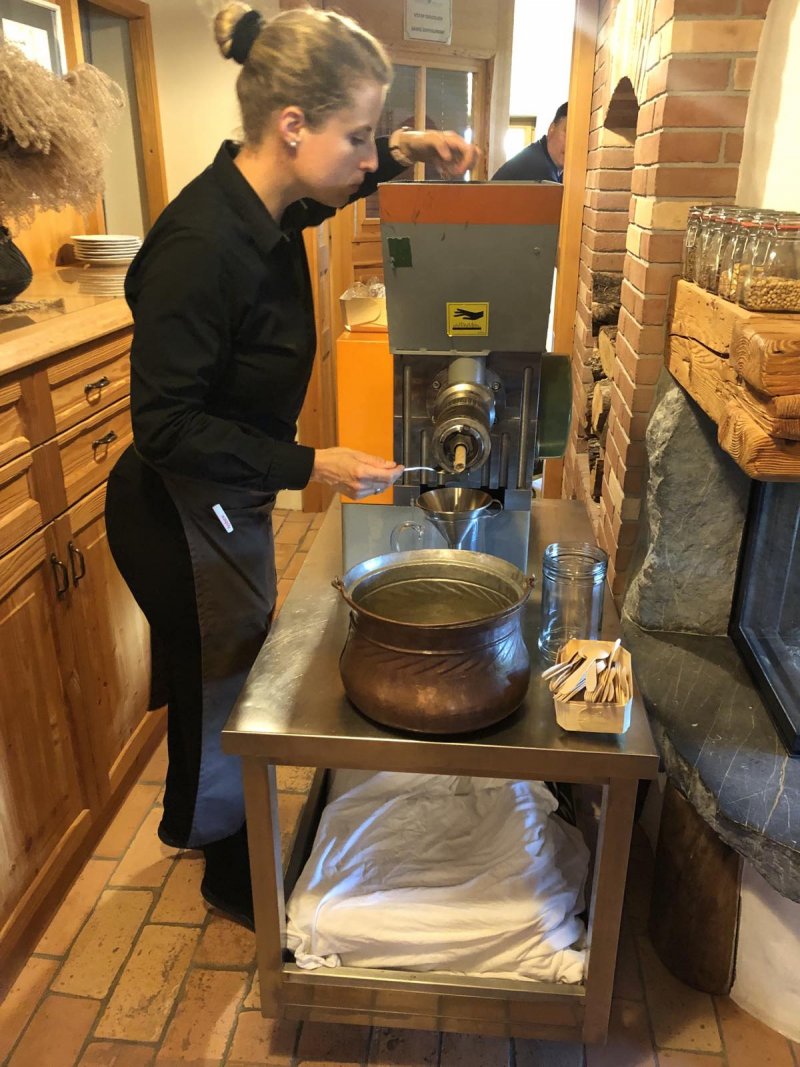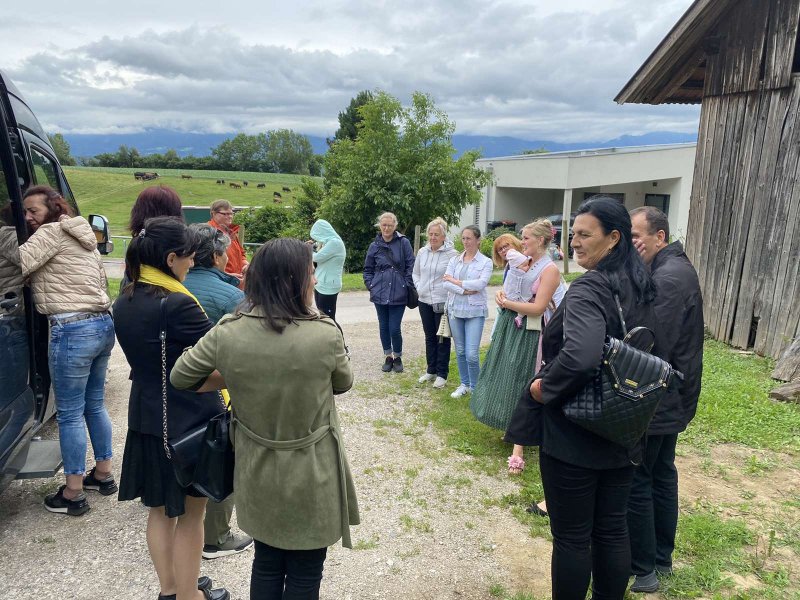The Commissioner for the Protection of Equality paid a two-day working visit to Slovenia, Austria and Croatia with a group of women farmers from Serbia, in order for our women to exchange experiences with women in the EU, but also to gain new knowledge for starting and improving small agricultural businesses.
They agreed that the young people leaving the countryside and the reduction in the number of households engaged in agriculture is a common challenge for most countries in the region, not just Serbia. That is why women staying in rural areas is key to revitalizing the countryside. This can be achieved only if women see that they can prosper in the countryside, if they are helped to direct their considerable knowledge and skills towards business, and if they are not discriminated against in any area.
Sustainable agricultural and increasingly popular organic production, eco and rural tourism are more and more in demand in Slovenia and Austria and could also be a great opportunity for the development of the Serbian countryside. With little support and empowerment, rural women can become entrepreneurs and develop their businesses, which would enable them to be economically independent and improve the quality of life, both their own and of their families, said Commissioner Brankica Janković.
On the first day of the visit, our women farmers visited the eco-farm Trnulja, where they saw how traditional offer and hospitality are combined with elements of modern technologies. During their visit to Austria, they visited a bio farm in Carinthia where they were greeted by the Ambassador of the Republic of Serbia, Nebojsa Rodić, and got acquainted with the challenges of sustainable development of agricultural production. In Croatia, they met with women from the association for tourism and rural development “Village Members Club” and “Exemplary Croatian Rural Women” with whom they exchanged knowledge and experiences and agreed on future cooperation.
The project is implemented within the initiative “Improving Women’s Security in Serbia”, implemented by the United Nations Agency for Gender Equality and Women’s Empowerment (UN WOMEN) with the support of the Norwegian Embassy in Belgrade.
